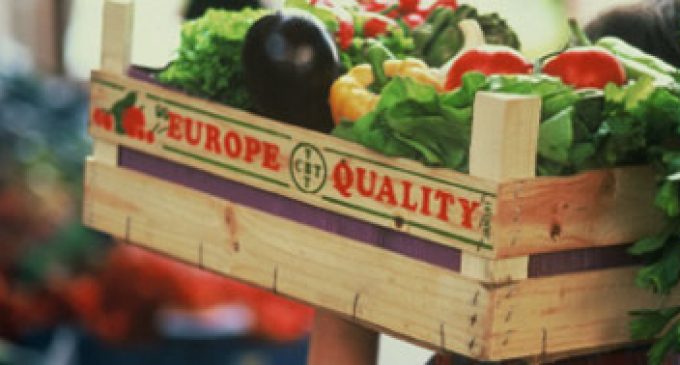€172 Million to Promote EU Agri-food Products In and Outside the EU

The European Commission will provide funding of €172.5 million from the EU agricultural budget to promote EU agri-food products in Europe and across the world. 79 campaigns, covering a wide range of products such as dairy products, olives and olive oil, and fruit and vegetables, will be rolled out over the next three years.
Agriculture and rural development Commissioner Phil Hogan says: “Europe is known around the world for its good quality food products and its culinary heritage. EU producers can count on the support of the EU Commission to help spread the word in Europe and beyond about their high quality products. I have been travelling myself to several countries around the world, like China, Japan, Mexico or Colombia to open new markets for our products. There is great potential ahead of us.”
The programmes are designed to help producers in the EU agri-food sector communicate about the quality of their products, with a view of promoting their products within the EU and also opening new markets. They focus on a number of priorities such as highlighting the quality of European food with geographical indications, or organic production methods.
Out of the 79 approved programmes, 48 of them target non-EU countries. Certain product sectors are also significantly represented. For instance, 23 programmes are dedicated to the fruit and vegetables sector. Other sectors include cheese and dairy products.
This year, a total of €97 million was allocated to “simple promotion programmes”, submitted by one or more proposing organisations from the same Member State. An additional €75,5 million will fund “multi programmes”, which are submitted by at least two proposing organisations from at least two Member States or one or more European organisations. The selected programmes cover applicants from 19 Member States.
A wide range of organisations, such as trade organisations, producer organisations and agri-food bodies responsible for promotion activities were eligible to apply for funding through the call for proposals that was launched in January 2018. They were then evaluated and ranked by the EU’s Consumers, health, agriculture and food executive agency (CHAFEA), with the help of external experts.


































